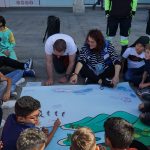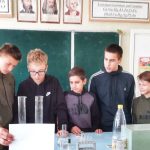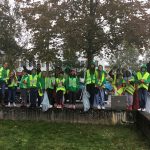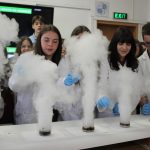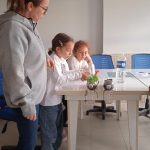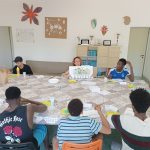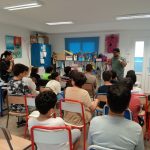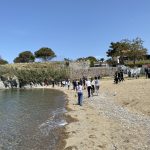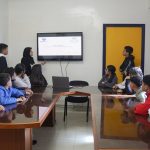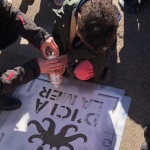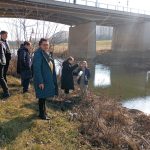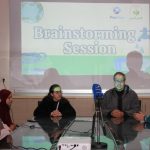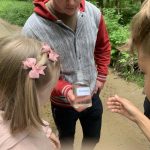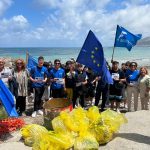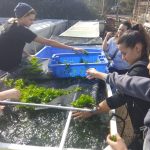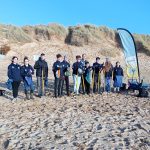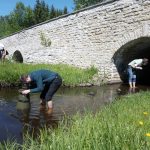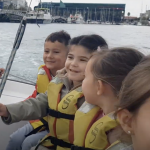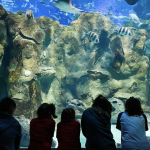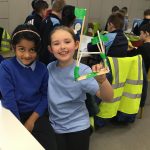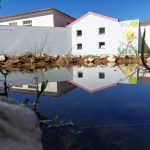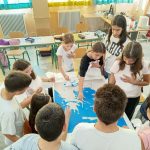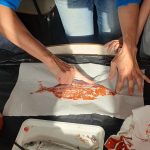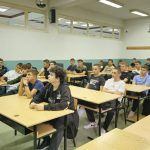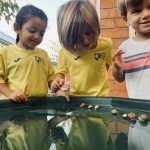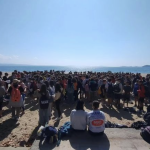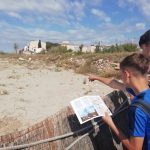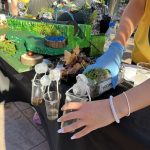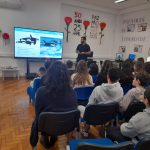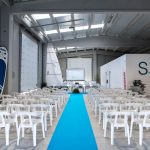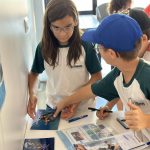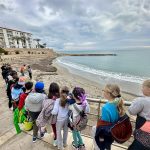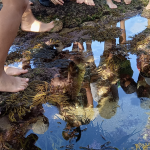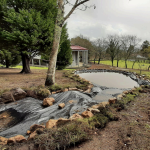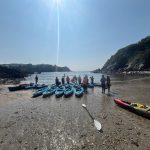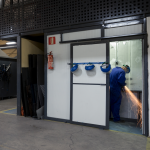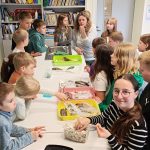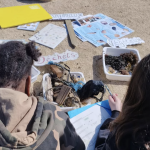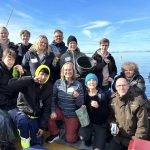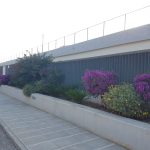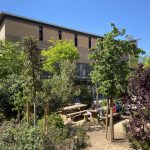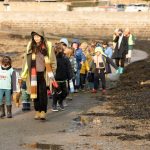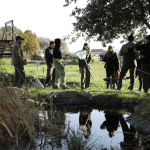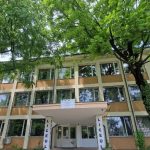
STEM Program for Land and Aquatic Share Lab
Fuseta, Portugal
3rd FUNDING CALL
As climate change and sustainable development take center stage in global discussions, it becomes imperative to equip younger generations with the knowledge and skills needed to protect our natural resources. The SplashLab initiative is doing just that by merging science, technology, and hands-on learning to foster environmental stewardship among students. Designed to protect the Ria Formosa Natural Park, this project not only educates but empowers young people to take tangible action for marine conservation.
Objectives
The SplashLab initiative aims to instill a deep appreciation for marine ecosystems while encouraging students to explore innovative solutions through science and technology. The project is built around several key objectives:
- Fostering Environmental Stewardship – Encouraging students to take an active role in conserving their local marine environment.
- Integrating Technology with Conservation – Utilizing robotics, underwater exploration tools, and citizen science to monitor water quality and biodiversity.
- Encouraging Hands-on Engagement – Offering real-world experiences like beach cleanups, canoeing, and scuba diving to build stronger connections with the natural world.
- Enhancing Water Literacy – Educating students on the significance of sustainable water management and pollution reduction.
- Promoting Community Involvement – Strengthening ties between schools, local organizations, and marine experts to ensure collective impact.

Activities and Collaborations
SplashLab is structured around engaging, hands-on activities that immerse students in environmental conservation efforts. Key activities include:
- Major Cleanup Events & Data Collection: Students participate in large-scale cleanup efforts at Ria Formosa Natural Park, collecting and analyzing environmental data each school term.
- Marine Education Hub (+Azul Initiative): The Canoeing and Surfing Sports Training Center is transformed into a learning hub where students explore marine conservation topics through weekly sessions.
- Scuba Diving & Sailing Baptism: Students gain direct experience with underwater ecosystems through introductory diving and sailing programs.
- Robotics and Marine Technology Development: The school’s Robotics Club designs and builds remotely operated vehicles (ROVs) and sensor-equipped monitoring stations to collect real-time environmental data.
- International Collaborations: Schools partner with marine organizations and engage in eTwinning projects to share findings and best practices in water literacy.
- Expert-Led Workshops & Science Fairs: Marine biologists, conservationists, and environmental scientists lead discussions and hands-on activities, enhancing student learning.
Outputs and Impact
The impact of SplashLab extends far beyond school walls, producing valuable resources that can be shared globally. Key outputs include:
Sustainable Long-Term Commitment: Environmental monitoring activities and data collection are set to continue through winter 2026, ensuring sustained engagement and impact.
Multimedia Content & Social Media Outreach: Students document their activities through videos, articles, and social media campaigns to raise awareness.
Educational Resources for Schools: Teacher packs, lesson plans, and activity guidelines are developed and shared via the Novigado Tool for replication worldwide.
Open-Source Robotics and Data-Sharing: Environmental monitoring devices created by students are shared on platforms like Tinkercad, enabling other schools to implement similar projects.
Participation in Coastwatch Portugal: Data collected by students contributes to national and international databases, enhancing scientific research on marine conservation.



